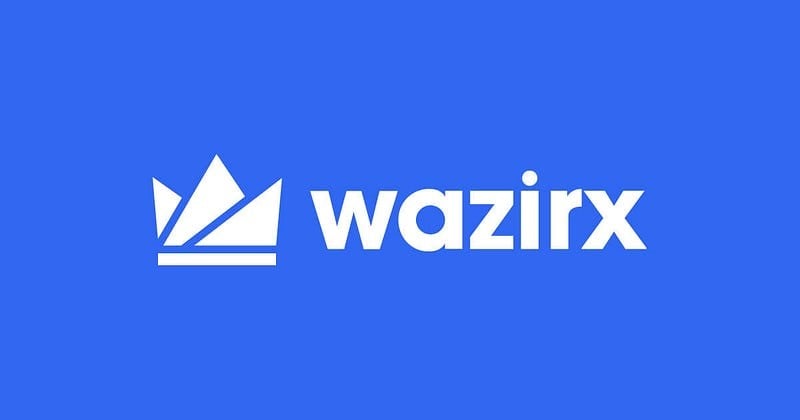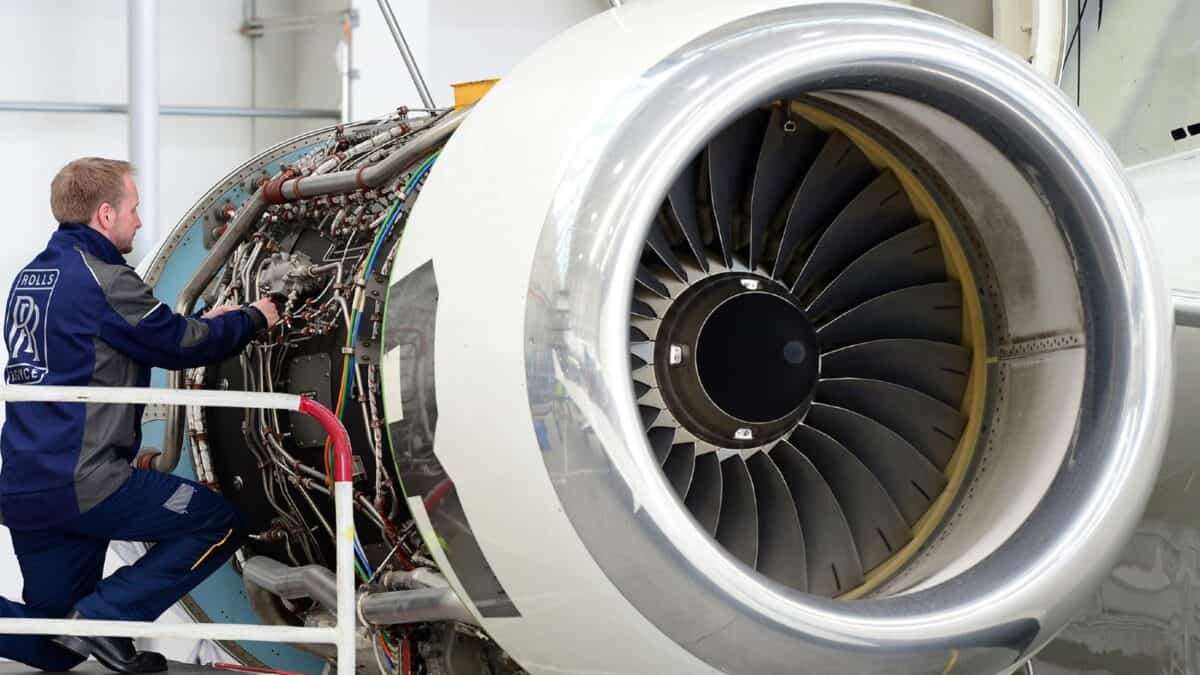Image source: Getty Images
Speaking at the annual meeting of Berkshire Hathaway shareholders last May, billionaire investor Warren Buffett relayed his fears about artificial intelligence (AI). Comparing the technology to a genie in a bottle, he said: “It’s partway out of the bottle. We may wish we’d never seen that genie, or it may do wonderful things.”
In a few short years, AI has rapidly transformed from a futuristic concept to an integral part of our daily lives. Likening its development to that of nuclear weapons, Buffett is not the only one to express significant concerns about AI’s potential dangers.
In an open letter penned in 2023, Elon Musk, along with over 1,000 other tech leaders, urged restraint in the development of large AI experiments. The letter noted the “profound risks to society and humanity” that the technology poses.
But over the past week, it seems those fears have all but been forgotten.
A shift in AI policy under Trump
Regulations around AI have already taken a sharp turn under Trump’s new administration. After taking power on January 21, he revoked a 2023 executive order by former President Biden that mandated stricter oversight of AI technologies.
The move signals a clear shift towards a more innovation-driven approach, with the administration emphasising the importance of maintaining US leadership in AI development. The rationale seems to be that AI will advance either way so it’s better to be ahead of the game.
While that does little to address the potential risks, it makes sense in terms of national security. Risks aside, the move is likely to provide opportunities for investors. As the saying goes, “If you can’t beat ’em, join ’em”.
AI stocks in focus
Trump has brought together three main companies to form Project Stargate, a $500bn AI infrastructure initiative. One of them is ChatGPT-developer OpenAI and the other two are the NYSE-listed tech giant Oracle (NYSE: ORCL) and Japanese conglomerate SoftBank.
The project aims to accelerate the development of AI in the US, starting with a data centre in Texas. Leading US semiconductor giant Nvidia has already seen its stock jump 5% since the news, making it once again the world’s most valuable company by market value, at $3.6trn.
Oracle
Oracle was likely chosen due to its extensive cloud infrastructure expertise and data centre management. Notable growth in this area highlights its capacity to support large-scale AI initiatives, making it a stock worth considering for investors keen on AI exposure.
But its massive debt load poses a risk. At $94.47bn, it exceeds equity by six times and cash tenfold. This could strain its ability to finance interest payments, limiting funds available for expansion. It’s not the AI risk Buffett was referring to but it’s certainly one to watch.
Revenue from cloud infrastructure increased 52% to $2.4bn for the Q2 fiscal quarter ended 9 December. Non-GAAP operating income grew 10% to $6.1bn with a margin of 43%.
“Record level AI demand drove Oracle Cloud Infrastructure revenue up 52% in Q2, a much higher growth rate than any of our hyperscale cloud infrastructure competitors”, said Oracle CEO Safra Catz.
Despite the positive results, the share price fell 8% in December but recovered 16% in the past week. At $185, it is now close to breaching the all-time high of $192 it hit in November 2024.
Credit: Source link














